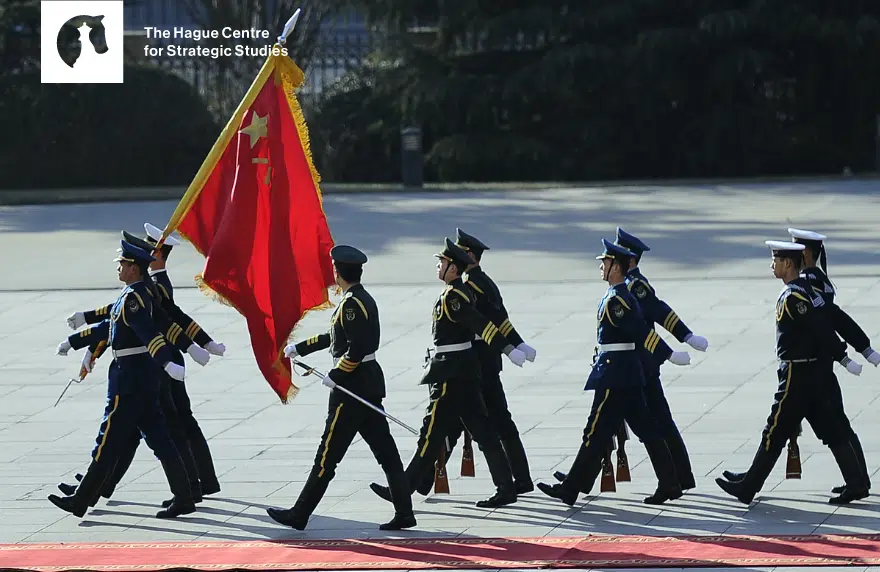Research
The People’s Liberation Army is trying to become a “world class” military by leveraging the technological innovations of the 4th industrial revolution. In 2022, China still struggles with important military-technological gaps. Beijing should not be allowed to catch up with the help of European knowledge and technology. Traditionally a free-trading nation with a highly internationalized university system, the Netherlands is now engaged in a policy debate to put a stop to unwanted knowledge and technology transfer.
HCSS China Analyst Joris Teer outlines the debate so far, provides policy recommendations for the government and highlights a past failure of Dutch industry and the government to protect sensitive technology. That episode made the world a more dangerous place.
With, among other measures, a robust “investment test” for companies and an “assessment framework” for universities, three Dutch ministries, in collaboration with European and other NATO partners, are trying to put a stop to unwanted knowledge and technology transfer within “high-risk fields”. The plans of these ministries should be grounded in three initial measures, Teer argues:
- The establishment of an obligation to notify the government about knowledge and business collaborations with China within “high-risk fields”.
- A definition of “high-risk fields” focused on the technologies and weapon classes that threaten to make rivals like China’s People’s Liberation Army much more powerful.
- The founding of a specialized government body that can, if need be, block university collaborations, company take-overs and joint ventures with Chinese parties within “high-risk fields”. The National Security Council that the government promised to establish in its 2021 coalition agreement may well become a well-qualified agency to execute this task.
This Policy Paper was first published in Dutch on March 15
This report is a research publication of the HCSS Europe and the Indo-Pacific Hub (EIPH)




